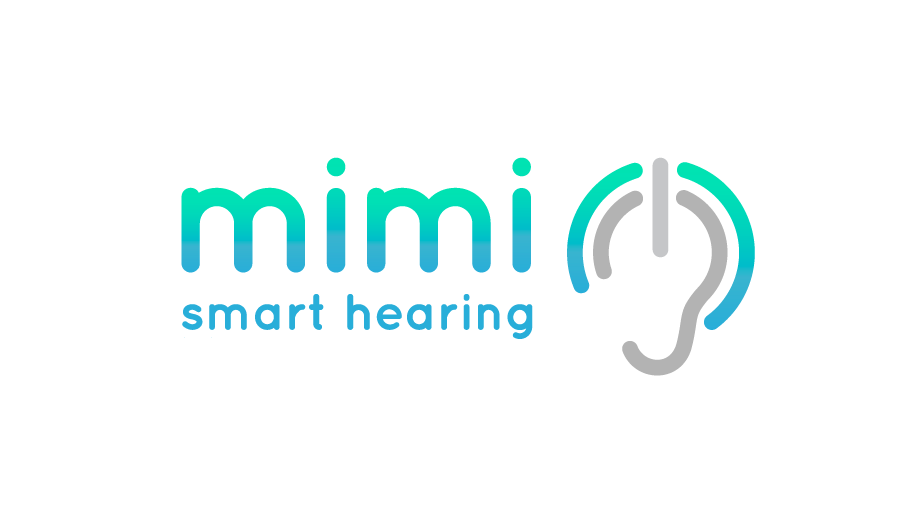

View Case Study
Mimi makes hearing technology accessible and attractive by making it smart and connected.
650 million worldwide suffer from hearing loss, but just 1 in 5 seek treatment. By the time they seek help, it is estimated that they have had a diagnosable hearing loss for around 7 years on average. The process of hearing loss detection and treatment with hearing aids is very time consuming. Hearing aids are expensive and settings can only be modified by an audiologist. We believe that it is time to give people control over their own auditory landscape. Mimi is aiming to be the first to offer a complete smart solution for people with hearing difficulties. We offer the user personalised, cloud connected hearing enhancement technology. In summer 2013 Philipp Skribanowitz ( Msc. Mechanical Engineering) stumbled of the work of Dr. Nick Clark, a hearing scientist who created Bio Aid, an hearing enhacement app. By the time Philipp and Nick met last year, the app got downloaded over 100k and helped thousands of people gaining back life quality through hearing better. Philipp could convince Nick to come to Berlin to develop the idea of Bio Aid even further and making hearing technology attractive. In late summer, Pascal Werner, a Biomedical Engineer joined as the 3rd co-founder. In Jan 2014 Mimi Hearing Technologies GmbH was incorporated. The first product of Mimi Hearing Technologies, the app mimi.io was launched during the TechCrunch Battlefield on the 5th of May 2014. And was downloaded more then 17k times. The team of now alreday 9 great individuals is working towards the launch of the core of Mimis technology, the cloud service. From next year on, the user will be able to upgrade to a standalone hearing aid with a wireless smartphone connection. As our cloud technology advances, the hearing aid can be entirely reprogrammed via software updates. This not only gives the user better tailored settings, but is also like receiving a new, smarter hearing aid with every software update. We will soon support inter-app audio and provide an SDK to include our technology in third-party apps, websites and wearables, allowing Mimi technology to exist wherever there is digital audio.
- Live Project Link: http://www.mimi.io/
- Why this project is worthy of a UX Award:
Addressing people’s health challenges is a delicate topic and a lot of sensitivity is needed. Nonetheless, the healthcare sector seems to be far from being a modern user-focused ecosystem: Doctors have too little time to communicate adequately with patients, online information often seems to be more confusing than helpful and there is hardly any support for the growing wish for self-diagnosis . Today’s citizens are used to taking responsibility for their actions, i.e in private finances or in lifelong learning. If healthcare doesnt support this movement, patients will still try to take responsibility – with possible problematic outcomes. With MimiI/O we have established a system, empowering patients in various forms: 1. MimiI/O offers a playful tool for self-diagnosis and provides an easy to understand visualization of the result. which can be tracked over time or compared with others; a initial interpretation is offered. 2. By providing a hearing aid simulator, our system allows the patient to experience the advantages of a customized solution to their hearing problems prior to buying. This not only empowers the patient to decide for themself whether they want to go the next step, but also turns the overall experience into a positive one: Not saying: “your hearing is bad” but letting the patient experience: “your hearing could be so much better!” 3. We also envisioned a direct interface to share diagnostic data with the experts: However the legal system in Germany does not allow the production of “medical data” without extremely complex and expensive approval of the entire system. With our MimiI/O system we show that the ubiquitous smartphone and the high acceptance of wearable technologies allow the creation of better healthcare systems. However both the legal framework and the patient-doctor-relationship need to be re-designed to be more in line with the needs of responsible patients.
- Submitted By: Mimi Hearing Technologies GmbH
See More 2014 Submissions >>